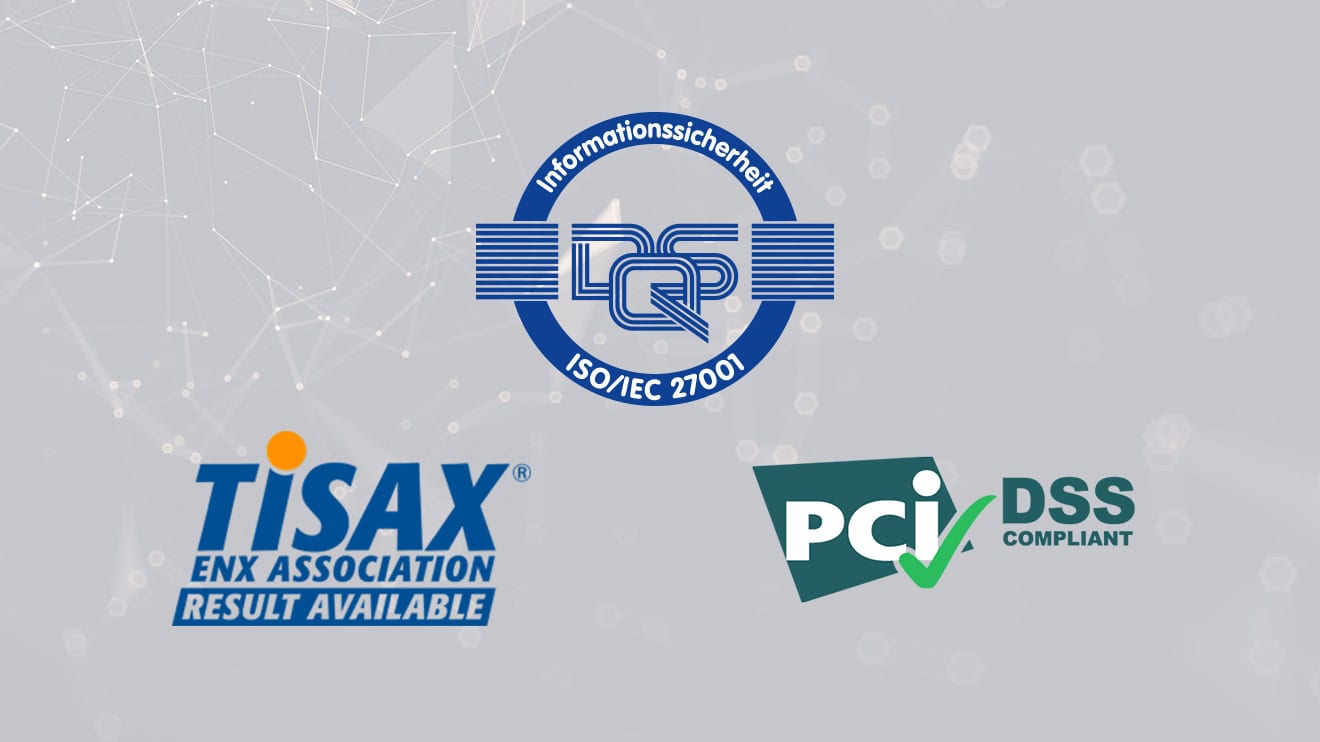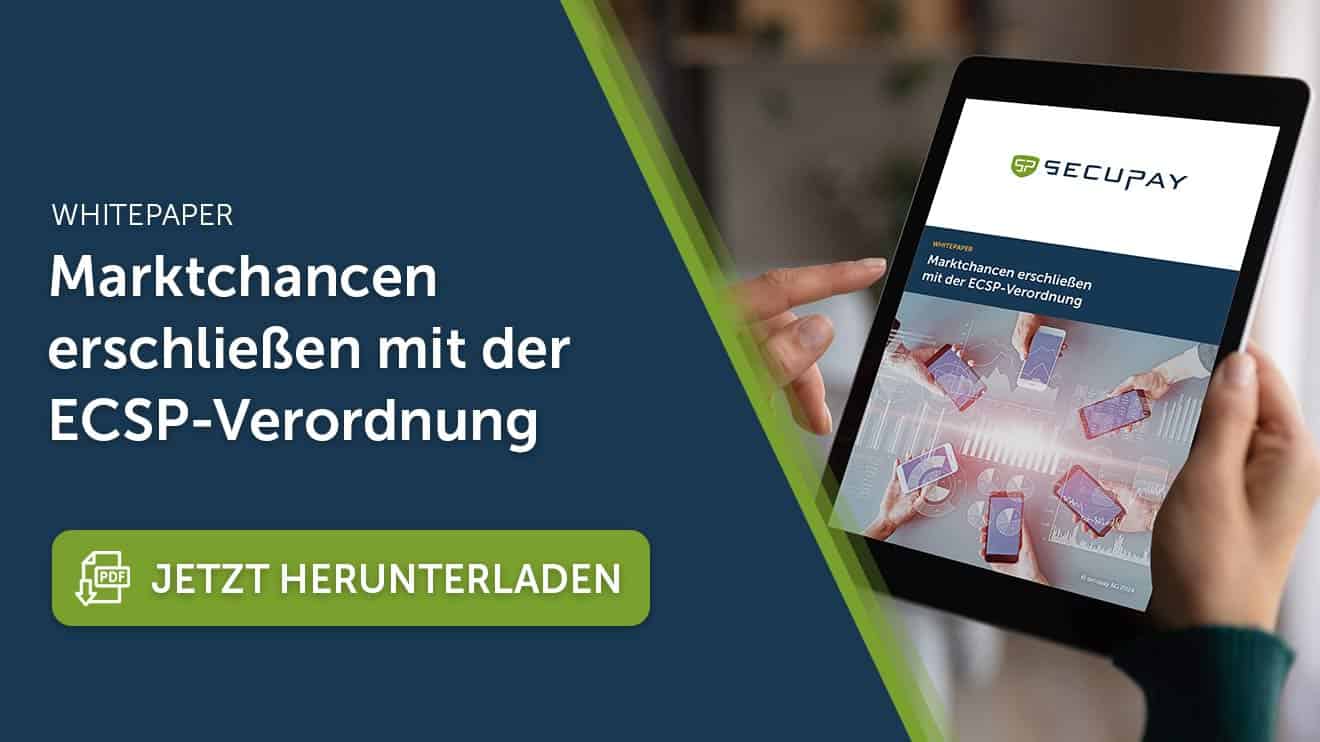How certified standards ensure the protection of sensitive payment data
In an increasingly digitalised payment world, in which millions of transactions are carried out every day, payment service providers are faced with the challenge of protecting sensitive customer data while at the same time meeting legal and industry-specific requirements.
Three of the most important security standards designed to support payment institutions in this endeavour are PCI DSS, ISO 27001 and TISAX. They stand for strict security measures and signal a high level of trustworthiness to customers and business partners. We explain the differences.
What is PCI DSS?
The Payment Card Industry Data Security Standard (PCI DSS) is a global security standard for the credit card industry. It was developed by the Payment Card Industry Security Standards Council (PCI SSC), an association of leading credit card organisations. The aim is to protect sensitive data such as card numbers or names from theft and misuse. Credit card companies such as Visa and MasterCard require their contractual partners to comply with this standard. Auditing in accordance with PCI DSS is therefore essential in order to accept and process payments with credit or debit cards.
What is ISO 27001?
ISO 27001 is an international standard for information security management systems developed by the International Organisation for Standardisation (ISO). It helps organisations to systematically identify and manage security risks such as data loss and unauthorised access. ISO 27001 certification shows that a company takes information security seriously and works on it continuously. This strengthens the trust of customers and business partners. Accredited bodies such as DQS global award ISO 27001 certification following a successful audit.
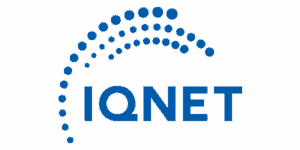
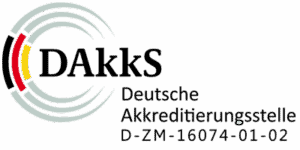
What is TISAX?
TISAX, short for Trusted Information Security Assessment Exchange, is a security standard for the secure exchange of sensitive business data in the automotive industry. It reduces security risks and strengthens trust between automotive manufacturers, suppliers and partners. Payment service providers that work with the automotive industry must comply with the industry's high internal security standards, for example for vehicle purchase offers, in-car payments or payments in manufacturers' online shops.
Similarities and differences between the certifications
PCI DSS, ISO 27001 and TISAX all aim to protect sensitive data and minimize security risks. What they have in common is regular audits and international recognition. The differences lie in their focus: PCI DSS is aimed specifically at payment service providers and protects credit card data, while ISO 27001 is a cross-industry standard for information security management systems. TISAX, on the other hand, focuses on the secure exchange of information in supply chains, particularly in the automotive industry.

Fokus:
Comprehensive information security
Zielgruppe:
All industries
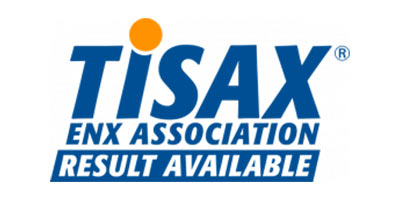
Fokus:
Information exchange in networks
Zielgruppe:
Automotive and supply chains

Fokus:
Credit card and payment data
Zielgruppe:
Payment service providers and merchants
What are the advantages of certifications for partners and customers?
International standards act as a seal of approval for tested security and give certified companies a competitive advantage as they are recognized as secure and trustworthy. They also promote the security culture in the company, sensitize employees to potential risks and support the continuous improvement process. In this way, they minimize the risk of security incidents and help to avoid high follow-up costs from data leaks or cyber attacks, for example through lost sales, data recovery or compensation.
secupay: Your reliable partner thanks to certified security
By fulfilling PCI DSS, ISO 27001 and TISAX, we offer the highest security standards and comprehensive compliance. We offer you a secure and trustworthy basis for your payment processing - regardless of industry or company size. With us as your partner, you benefit from a comprehensive security approach - today and in the future.
